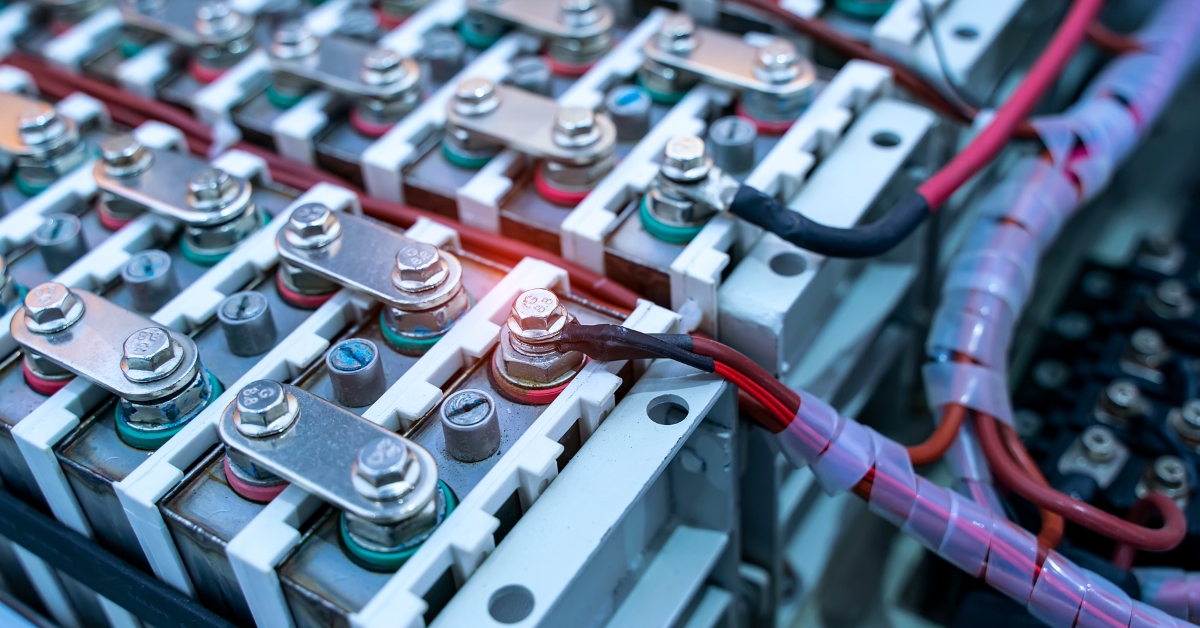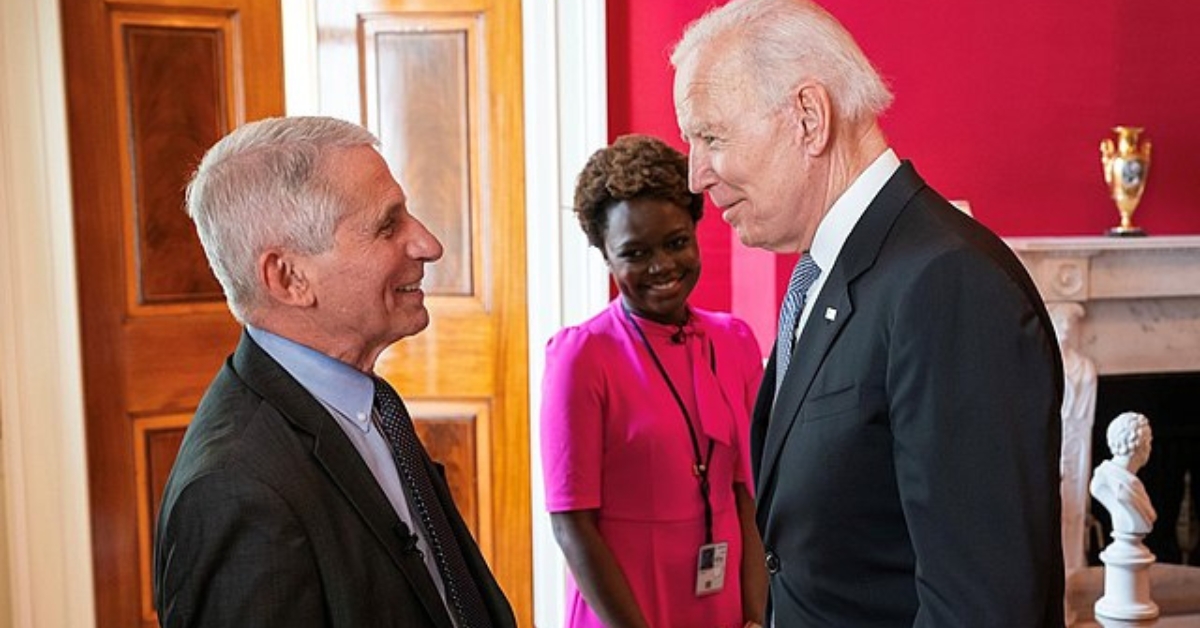
Honda and GM Abandon Joint Electric Vehicle Project
In a surprising move, Honda and General Motors (GM) have decided to put an end to their joint venture aimed at producing cost-effective electric vehicles (EVs). This partnership, once filled with promise, was set to introduce affordable EVs to markets in North America, South America, and China, with anticipated results by 2027.
In a joint statement, the two companies stated, “After extensive studies and analysis, we have come to a mutual decision to discontinue the program. Each company remains committed to affordability in the EV market.” It’s worth noting that this decision followed a year of careful evaluation, during which it became evident that the challenges of creating an affordable EV platform were substantial.
The heart of the matter lay in the platform’s design, which was expected to incorporate GM’s Ultium batteries. These batteries were meant to revolutionize the EV industry by significantly reducing production costs. However, the project encountered unforeseen difficulties when it came to the mass production of these batteries, causing serious doubts about the venture’s feasibility.
Honda’s CEO, Toshihiro Mibe, offered insights into the decision, explaining, “After studying this for a year, we decided that this would be difficult as a business, so at the moment we are ending development of an affordable EV.” He went on to clarify that both companies would now pursue solutions independently, marking the conclusion of this specific joint venture.
While this development is certainly a setback, it’s essential to understand that it doesn’t signify the end of all collaborations between Honda and GM. The two automotive giants are still actively working together on a range of other projects, including the joint development of electric crossovers and the establishment of a robust fast-charging network throughout North America.
It’s worth noting that this decision comes at a time when several automakers are reassessing their electric vehicle plans. General Motors, for instance, has joined the likes of Tesla and Ford in adopting a more cautious approach towards expanding EV production capacity. Elon Musk, Tesla’s CEO, expressed concerns about rising borrowing costs potentially pricing out prospective customers from buying Tesla vehicles. He stated, “People hesitate to buy a new car if there’s uncertainty in the economy. I don’t want to be going into top speed into uncertainty.”
In the ever-evolving landscape of the automotive industry, partnerships and collaborations play a crucial role in driving innovation and making EVs more accessible. Honda and GM’s decision to dissolve this specific venture are a setback, but both companies remain committed to advancing electric vehicle technology.














